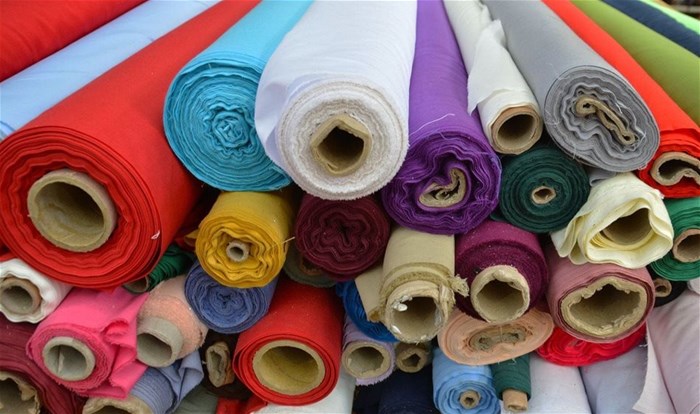Global efforts to make cotton production more sustainable require innovative technologies, targeted investments and better governance through a systems approach that breaks down silos, the director-general of the Food and Agriculture Organisation of the United Nations (FAO), QU Dongyu, said in his address to World Cotton Day 2023.
World Cotton Day, which is celebrated each year on 7 October, was marked in Vienna with an event jointly hosted by the United Nations Industrial Development Organisation (UNIDO) and FAO, in cooperation with the World Trade Organisation (WTO), the International Trade Center (ITC), the United Nations Conference on Trade and Development (UNCTAD) and the International Cotton Advisory Committee (ICAC).
The theme for this year’s event is: “Making cotton fair and sustainable for all, from farm to fashion.”
In his address to the event, Qu said the Day offered “an opportunity to renew our commitment to enhancing the efficiency, inclusivity, resilience and sustainability of the cotton sector,” which sustains about 32 million growers and benefits over 100 million families across 80 countries in 5 continents.
Given that the global demand for cotton is projected to increase at an annual rate of 1.8% over the next decade, the need for sustainability remains critical.
Katherine Masters 2 Aug 2023 “For this, we need to do things differently – we need to adapt and transform the business model” and “produce more with less,” Qu said.
For instance, there’s a need to promote the development of cotton by-products, like edible oil and animal feed, to help farmers generate additional income. It is also essential to ensure a level playing field for all players in the global cotton trade for equitable accessibility, affordability and availability.
According to FAO, relevant stakeholders should focus on three main areas:
- Science and innovation - new technologies can help boost the efficiency of smallholders and reduce resource use and the environmental impacts, while innovative technologies can improve cotton varieties, increase yields and help farmers produce more cotton in line with the requirements set out by the industry and consumers.
- Investment - increasing cotton yields in a sustainable manner requires increasing targeted investment for smallholders and coordinating public and private financing.
- Governance – There’s a need for better coherence and greater coordination among the cotton value chain segments, as well as coherence of policies, strategies and actions between all relevant Ministries, institutions and partners. In other words: there’s a need for a systems approach that is comprehensive and that builds on the interconnection of the cotton sector with various socio-economic and environmental drivers
FAO’s work with cotton
FAO’s Strategic Framework 2022-31 is already following this approach closely by considering the social, economic and environmental development dimensions, and addressing relevant trade-offs.
The narrative that guides the FAO Strategic Framework supports the 2030 Agenda through the transformation to more efficient, inclusive, resilient and sustainable agrifood systems for the Four Betters: better production, better nutrition, a better environment and a better life, leaving no one behind.
FAO is currently engaged in several projects to support cotton-producing countries and smallholders in different parts of the world.
For instance, it has a regional project that aims to strengthen smallholder cotton production in seven Latin American countries, as well as country-led projects in Africa supporting competitiveness and sustainable intensification of African cotton. Similar projects were also developed in other countries, including for instance in Azerbaijan.
FAO has also been working with the International Labour Organisation (ILO) and the European Union to eliminate child labour and foster sustainability in the cotton value chain and is working to promote the empowerment of women through a better access to resources and engagement in the policy-making process.
In the context of its Strategic Framework, FAO provides normative support to its Members, such as the annual medium-term outlook for the world cotton market, which is included in the annual OECD-FAO Agricultural Outlook report.
Finally, FAO also regularly reviews issues that affect global cotton trade and provides market and policy information on the sector through the publication of studies and reports.















































